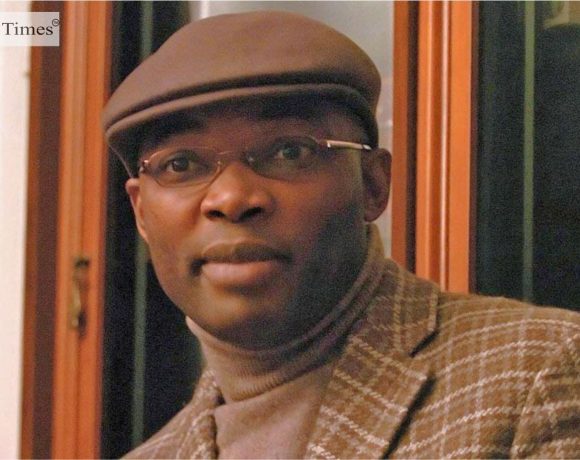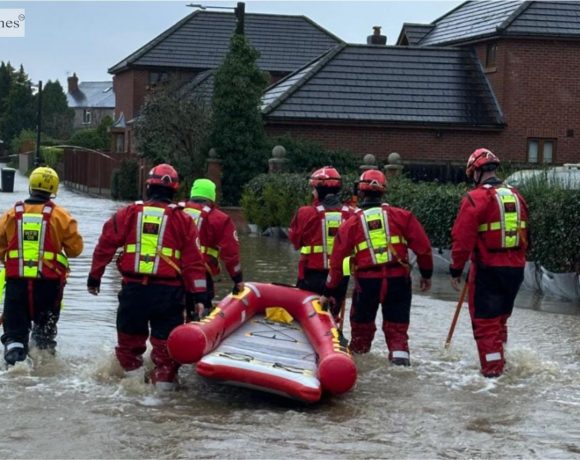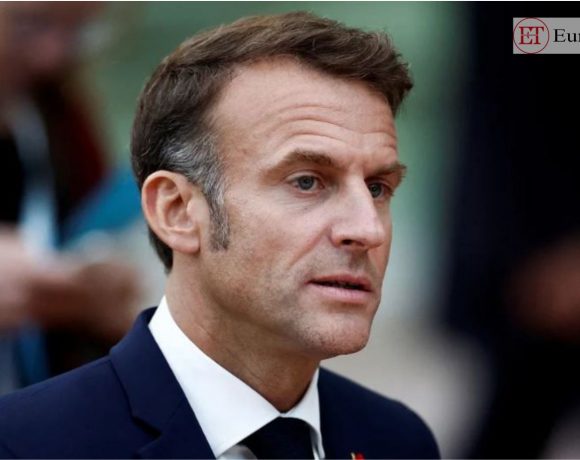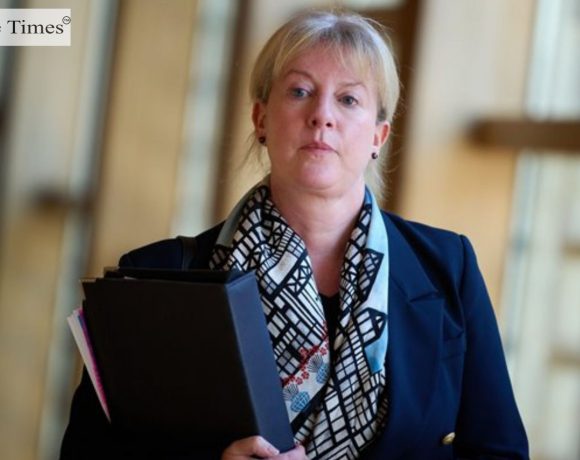Dr Thomas Nechupadam, a specialist in aesthetic and cosmetic dentistry, seamlessly balances multiple roles as a smile expert, accomplished entrepreneur, and aspiring author. His expertise extends beyond dentistry, including mentoring beauty queens for national pageants and exploring new entrepreneurial ventures, including writing.
Carrying Forward a Legacy
Dr Thomas Nechupadam is the proud son of Dr K T Paulose, a renowned dental surgeon and the visionary behind the Nechupadam brand. Following in his father’s footsteps, all three of his siblings have also embraced careers in dentistry. While Dr Paulose continues his practice in Kolenchery, Dr Thomas manages the Dr Nechupadam Dental Clinic at Marine Drive, Kochi, excelling as an Appearance Expert, Orthodontist, Dentofacial Orthopaedician, and Implantologist. A graduate in dentistry from Mangalore University (2000), he completed his master’s in Orthodontics at Rajiv Gandhi University, Bengaluru, and pursued advanced endodontic training under Dr Omar Zidan at Minnesota University, USA.
The Entrepreneurial Smile
While Dr Thomas Nechupadam is dedicated to perfecting smiles through dentistry, his passion for innovation drives his entrepreneurial spirit. His journey, however, has been anything but smooth, involving a constant cycle of learning, unlearning, and relearning. Through this process, he has honed the skill of balancing business with his profession, earning numerous accolades along the way for his diversification and success.
Mission Startups
He has invested time and dimes in numerous sustainable eco-friendly startups like Enerz, EcDenntistry, Payspoon, Learnstroke, Pet’M and many more. He is an advisor and mentor for startups to fend the initial bootstrap time efficiently. Interestingly, his clinic has a well-decorated meeting room that is effectively used for startup pitches, investor meetings, and reviews. The companies that come under his purview are diverse–from fintech like Payspoon and AI-based Dental software ECDentistry to millet-based pet food Pet’M and solar-powered transport system in Enerz.
ECDentistry & Enerz
This application is an effort of two brilliant youngsters Dr Ajai and Dr Prince mentored by Dr Thomas to build a learning platform for dental students and dentists alike. The power of Artificial Intelligence is used to simplify learning the different subjects of dentistry in an interactive and fun way. On the other hand, Enerz is an ambitious project to harness solar power to propel future transportation in a smart secure, and reliable way.
Maybe the fact that he hails from Kolenchery could be one of the reasons behind his entrepreneurial pursuit as the hamlet is known for its contractors, industrialists, and business houses. The business acumen and the quest for new horizons have always taken him to numerous business ventures he has founded, cofounded or catalysed. Dr Thomas and his better half, Dr Nithia Sara Thomas, made their mark on corporate grooming, appearance facelifts, and organic farming in the entrepreneurial journey.
Pageant Groomer and Judge
Perhaps, Dr Thomas could be one of the few doctors who are closely associated with beauty pageants. With the same ease with each he mends broken teeth and handles implants, he can handle grooming sessions for beauty contest participants. He teaches them how to smile in the right way to win hearts, and the correct manner to pose for shutterbugs. An expert in adult orthodontics and clear aligner therapy, Dr Thomas also grooms the contestants on how their facial appearance should be while sashaying on the ramp and what accessories to pick and choose. He has been the groomer for various national pageants since 2011 and served as the director of the Kerala Chamber of Commerce and Industry. Dr Thomas was also the sub-title committee chairman of beauty contests like Miss Queen of India, Miss South India, and Miss Asia. He used to put his judging skills to good use during the Miss Beautiful Smile category to select the contestant with the best ravishing smile. He also actively supports Pegasus Events and supports the cause of excellence in fashion.
The Doctor in the Spotlight
Dr. Thomas Nechupadam is a well-known face on television channels like Asianet, Kairali TV, and Jaihind, where he educates audiences about dentistry and oral hygiene. Advocating for dental treatment as a means to preserve and enhance natural teeth rather than replace them, he has become a trusted voice in the field. With the rise of social media in 2010, Dr. Thomas expanded his reach to platforms like YouTube, Facebook, and Instagram, sharing educational content on advanced dental care and treatment options. His popular Instagram page, Palludoctor, boasts 92.8k followers, while his YouTube channel, Wikidontist, provides valuable dental insights.
Venturing Into the Realm of Writing
Despite his demanding schedule, Dr. Thomas Nechupadam dedicates time to writing blogs, newspaper articles, and engaging social media content. Committed to delving deeper into the literary world, he is documenting insights from his professional journey to educate readers, share oral care tips, and explore innovative treatment options. His upcoming book, My Experiments with Tooth, is set to be released soon.
Family
Dr Thomas is the eldest son of Dr Paulose, who was the first private practicing Orthodontist in Kerala and the founder of the Nechupadam Dental Clinic way back in 1965. His pillar of strength, Dr Nithia, is the Chief Dental Surgeon at Dr Nechupadam Dental Clinic at Marine Drive. The power couple is blessed with three children—Nissi, Nidhi, and Noah who are poised to take forward the illustrious legacy of the Nechupadam family.
Building Bridges, Fostering Innovation
Dr. Thomas Nechupadam has demonstrated exceptional leadership within prominent networking organizations such as the Kerala Chamber of Commerce and Industry, Young Indians, and the Indo-American Chamber of Commerce. Additionally, he serves on the Executive Committee of MOSC Medical College and Hospital in Kolenchery, championing entrepreneurial growth through collaboration and forward-thinking innovation.
Pic Courtesy: pegasus/ images are subject to copyright













